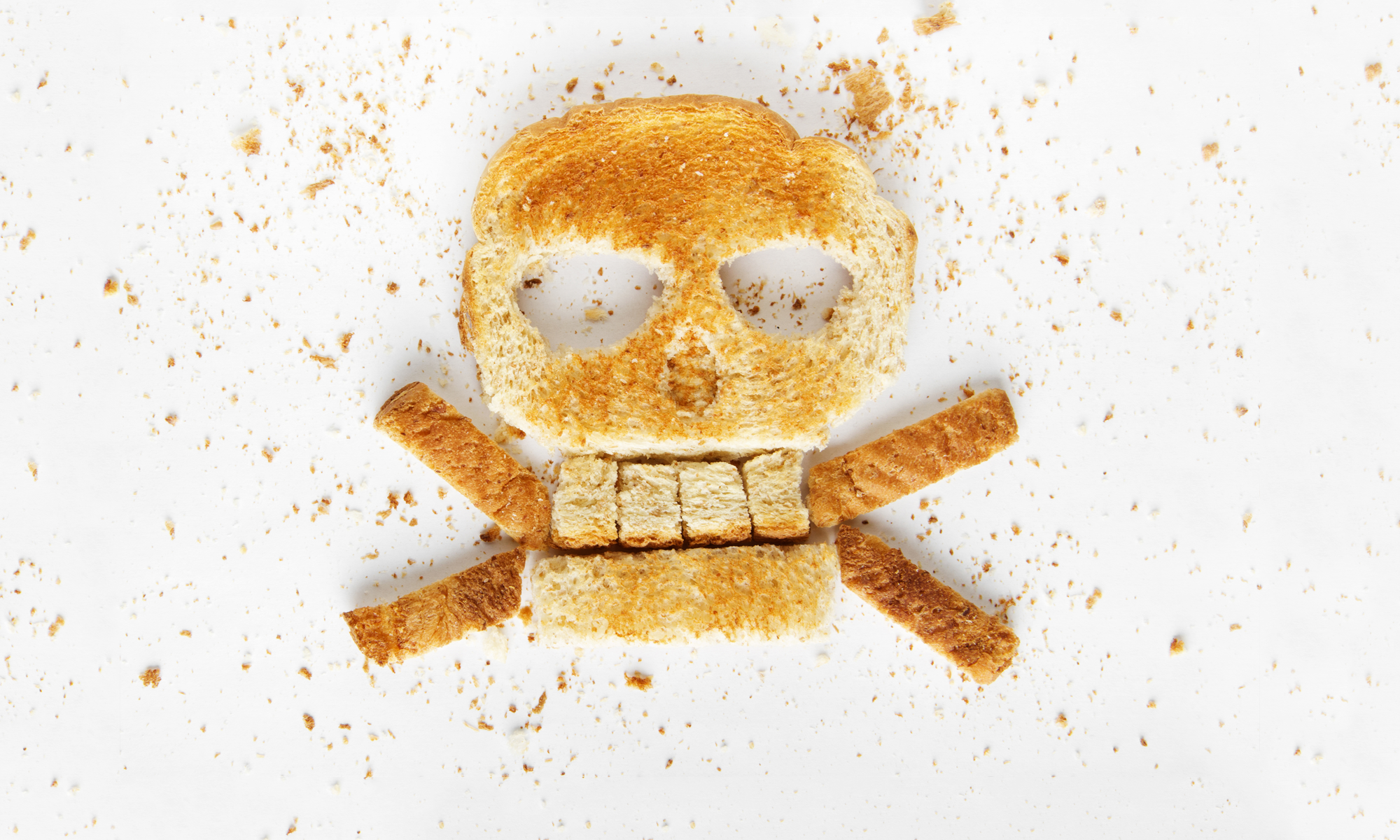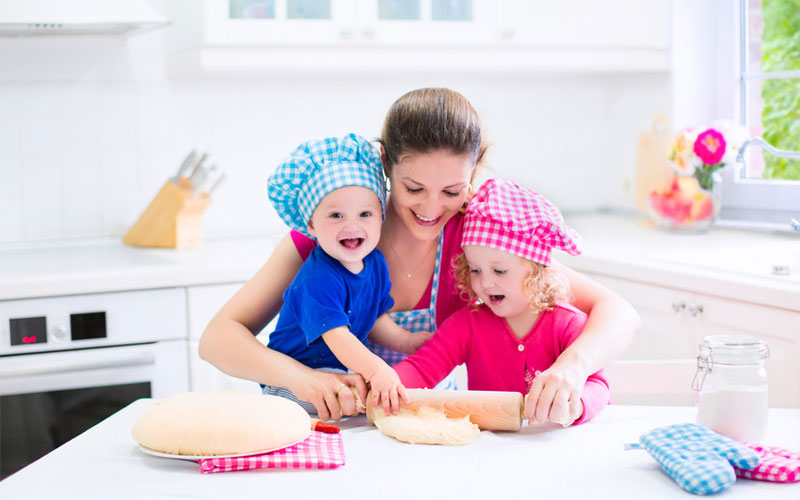Getting a new diagnosis for yourself can be scary and challenging enough, but what about when it is for your child (or a child you care for)?! You love them and want the best for them, and it may have been hard to see them suffer with symptoms, and overwhelming to figure out how to manage life now that you know. It will be much easier for children who can recognize the connection between a gluten/grain exposure and yucky symptoms, and you can work with them to draw these connections. You can make a detective game out of it even, tracing the trail from the upset tummy (or migraine, or rash, or mood swings or whichever symptoms they are noticing) back to the exposure. Then talk about what could have been done differently to prevent it from happening next time.
Depending on the age of the child, it may also be incredibly important to educate their siblings, and other friends and family they spend time with regularly. The more they understand the importance and impact that exposure to gluten/grains has on your child, the more supportive and accommodating we will hope that they will be. Some people just won’t get it, or are too overwhelmed in their own lives to take on accommodating your child’s health and safety. That is a hard reality to swallow, but it will come up sooner or later. If that person happens to be the parent of your child’s favourite playmate, I suggest agreeing with that parent to host play dates in your home/environment you know is safe instead. The last thing you need is the stress of worrying about other people feeding your child(ren) gluten!
There are some places to watch for gluten/grains that are more specific to the world of children:
- There is Gluten in play dough, homemade paints, papier mache, silly dough/putty, and other craft supplies (possibly some glues, crafts using pasta, etc).
- Other people giving them gluten containing snacks when they are away from you.
- You may fear that they will eat the cracker or cookie they find on the floor (this is more of a baby/toddler thing; more likely out of the bowl of snack that are sitting out in the case of older kiddos).
It can help to send designated snacks with your child to school/daycare/play dates/etc. along with instructions that they MUST wash their hands before eating. I also strongly suggest that you find support amongst other parents of kids with allergies or the same diagnosis as your child. They will be your greatest allies in this transition!
Have you been wondering how to spot Celiac Disease in your little one? This post talks about what to watch for. If you are diagnosed yourself, or if a sibling is, it is worth having your children tested, or putting them on the same diet even before symptoms develop. Consider it preventative treatment.
Important links:
Toddler Health A-Z: How To Spot A Gluten Intolerance And Coeliac Disease
25 Things Only a Food Allergy Parent Would Understand

